A Life Changed but Not Destroyed by Polio
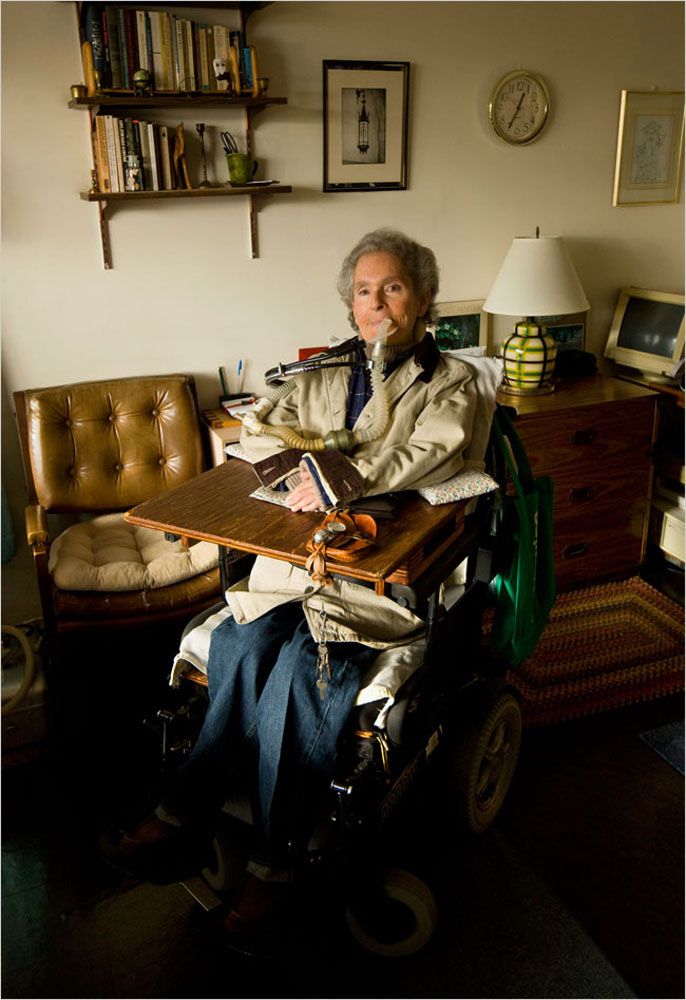
The New York Times, 26 January 2009 Polio may seem like a distant memory. But thousands of people still live with the effects of the disease every day. And many are only in their 60s. One of them is Sharon Stern. In 1954, at age 9, she developed the dreaded “summer plague.” Although she experienced […]
When the Disease Eludes a Diagnosis
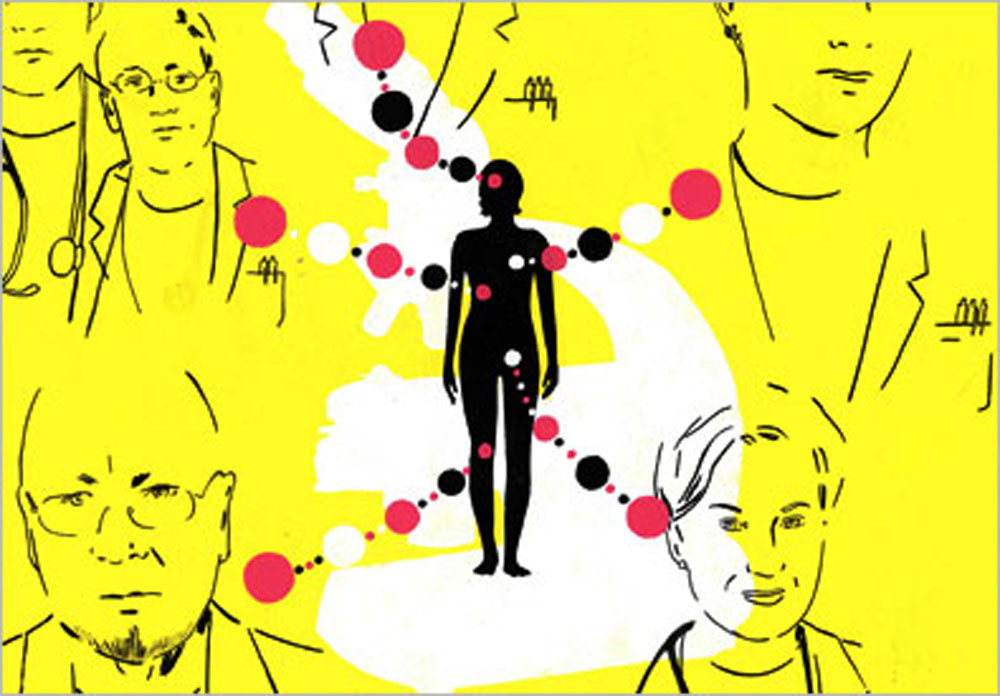
The New York Times, 25 March 2008 Lucy, one of my longtime patients, has a neurological ailment she believes I have been unable to adequately diagnose. Although I hope to make further progress on her case, I have also told her that there may never be a definitive answer. Not surprisingly, she is feeling pretty […]
In a Hospital Hierarchy, Speaking Up Is Hard to Do

The New York Times, 17 April 2007 The patient needed a spinal tap, and a senior attending physician asked a medical resident whether a preparatory blood test had been checked. The medical student who told me this story was stunned to hear him answer in the affirmative, because she was quite certain it had not […]
In Science-Based Medicine, Where Does Luck Fit In?
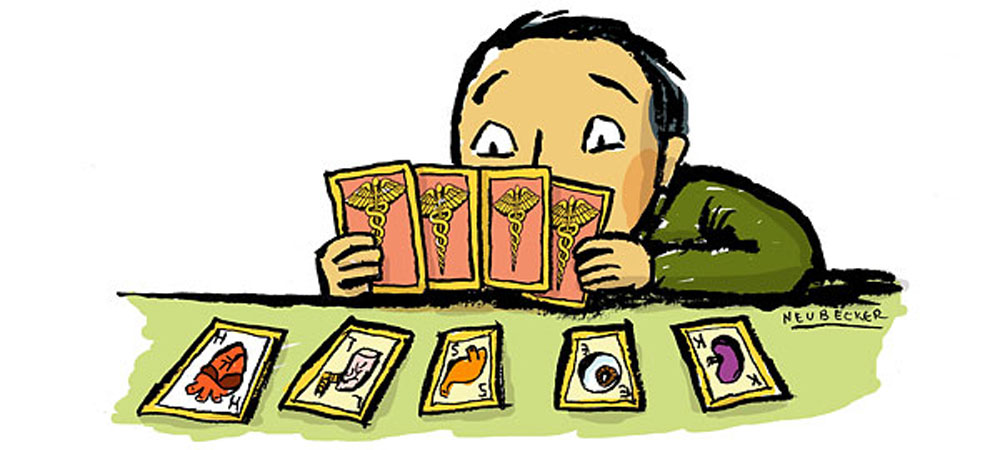
The New York Times, 19 September 2006 Several years ago, an obese, diabetic patient of mine insisted on knee-replacement surgery against the wishes of her doctors, who believed that it would be too dangerous. She came through with flying colors. While everyone rightly praised the efforts of her surgeon and physical therapist, another factor in […]
Young Doctors Learn Quickly in the Hot Seat

The New York Times, 14 March 2006 Does grilling medical students with questions make them into better doctors? For years, many professors routinely peppered students with relevant and arcane queries, often embarrassing them. Things may be gentler today, but the practice, referred to as the “pimping” of students, still has its advocates. “Such questioning has […]
Enduring and Endearing, a Patient Moves In
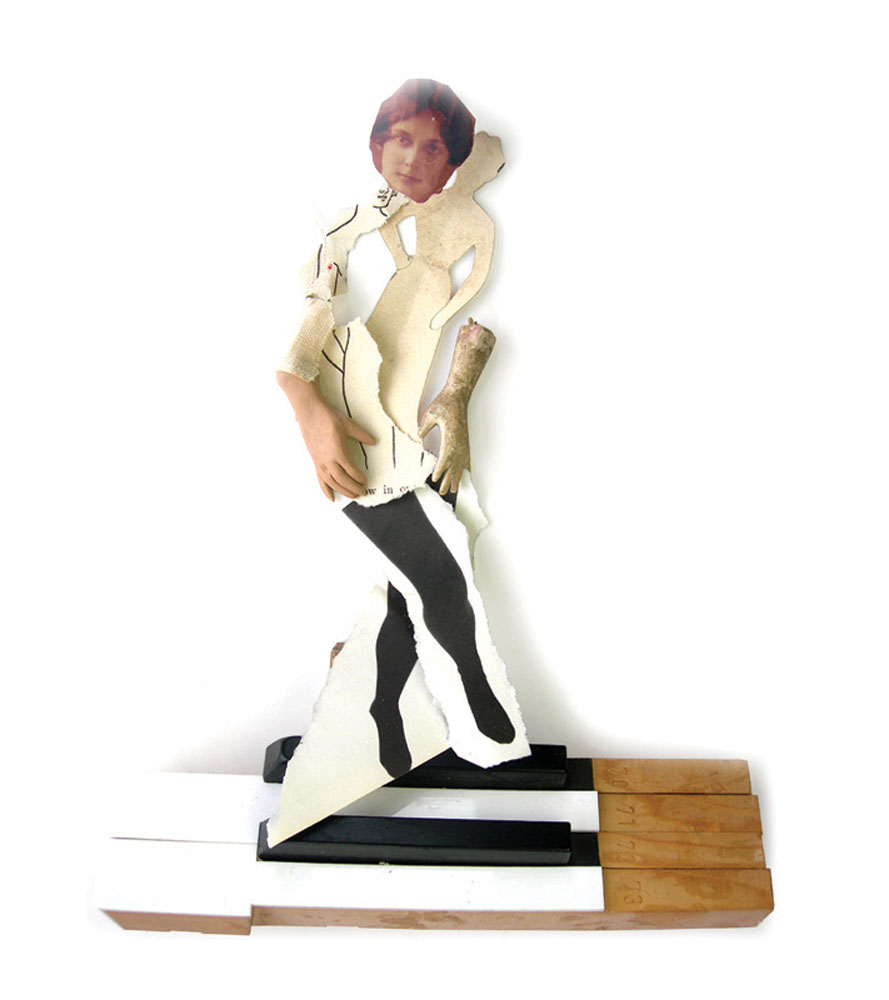
The New York Times, 13 December 2005 The patient is what doctors quietly call a “train wreck,” suffering from failure of all of the body’s organ systems. But once people meet her, such dehumanizing language no longer sticks. Her name is Susan. When Susan’s troubles began in 2002, she was 49 and healthy except that […]
McQueen’s Legacy of Laetrile
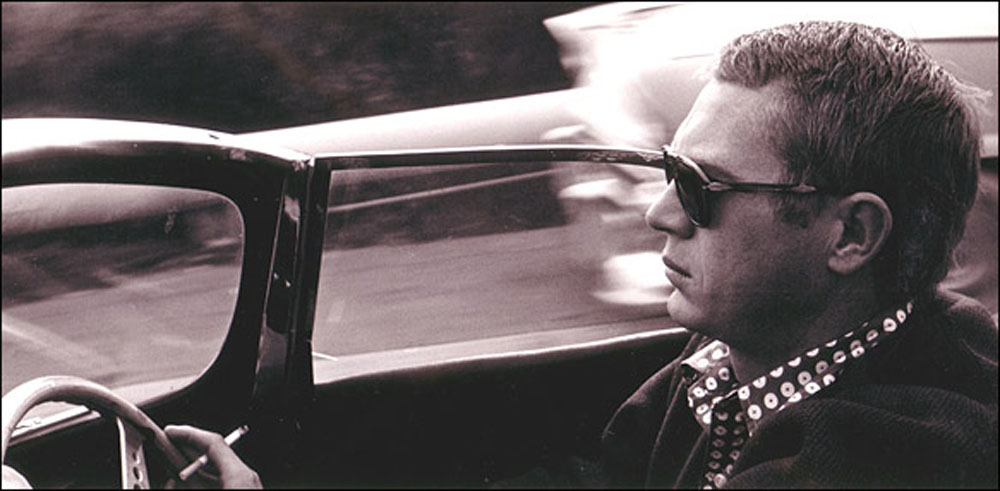
The New York Times, 15 November 2005 Steve McQueen’s death 25 years ago this month ended a bizarre drama in which he surreptitiously traveled to Mexico for an unorthodox cancer treatment. The medical profession largely derided McQueen as a victim of fraud, but to some people with cancer, his pursuit of an alternative treatment seemed […]
Practicing Medicine Without a Swagger

The New York Times, 23 August 2005 It was hard not to feel entitled when working 36 hours straight as a medical resident. By the end of my shift, I found myself interrupting conversations and being rude to co-workers and even patients. After all, I had been up all night. But it was not only […]
Hope and Reality Lou Gehrig’s Way
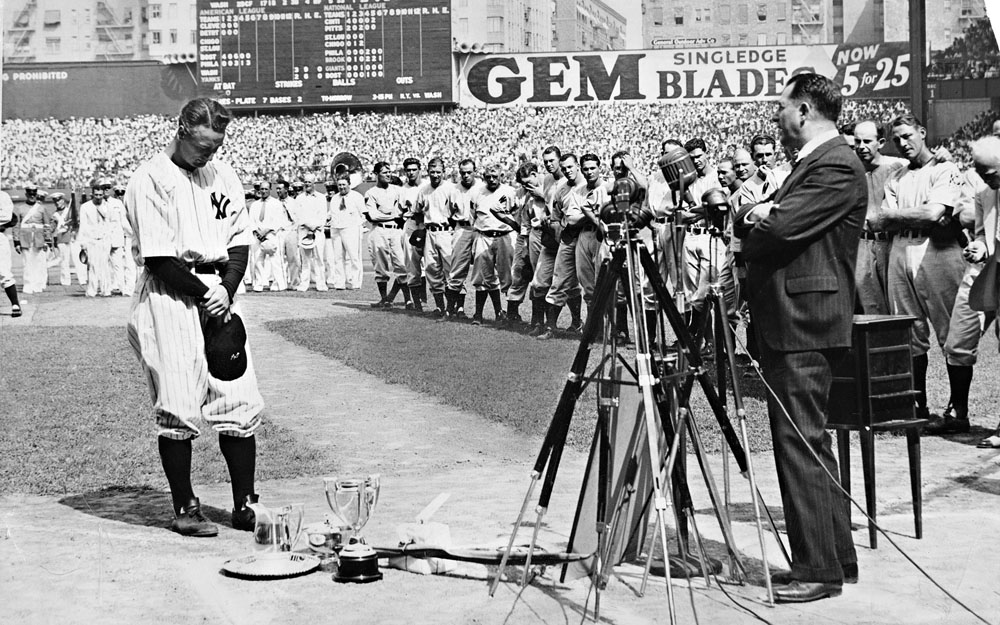
The New York Times, 19 April 2005 When my patient Jackie, who had incurable lung cancer, came to my office, she would regale me with her latest physical accomplishments. “I’m doing great, doctor, right?” she would ask. As I answered this and other questions from her, I struggled to balance the reality of Jackie’s prognosis […]
For a Young Doctor, the Ultimate Sacrifice

The New York Times, 24 August 2004 Many young doctors dream of having an article published in The New England Journal of Medicine. Hacib Aoun achieved this, but not in the manner he expected. Dr. Aoun’s piece, ”When a House Officer Gets AIDS,” appeared in the Sept. 7, 1989, edition of the journal. It told […]